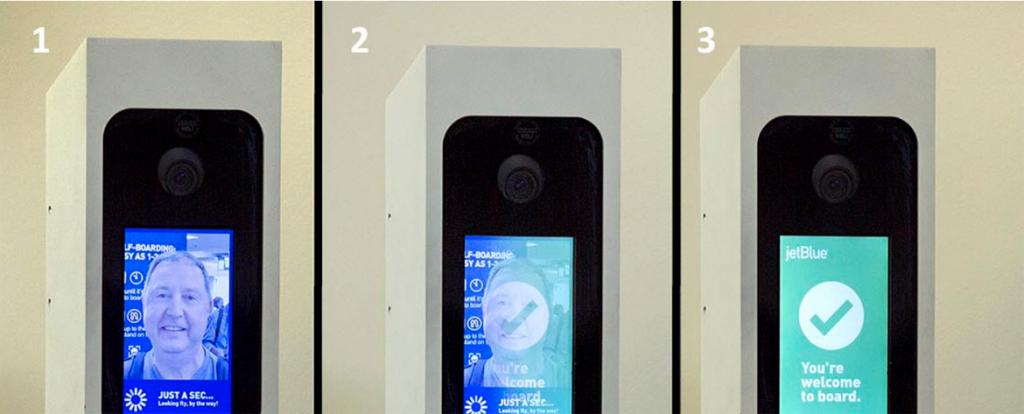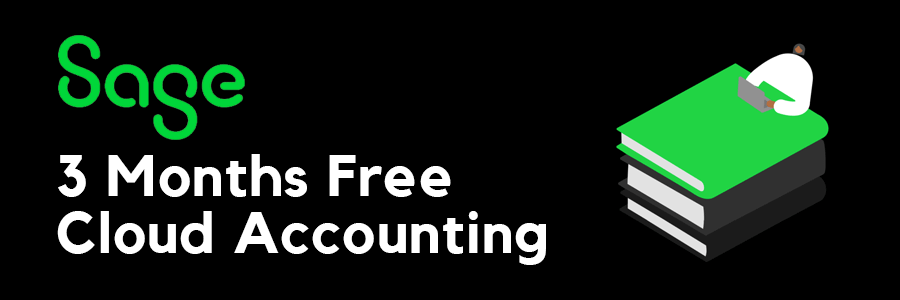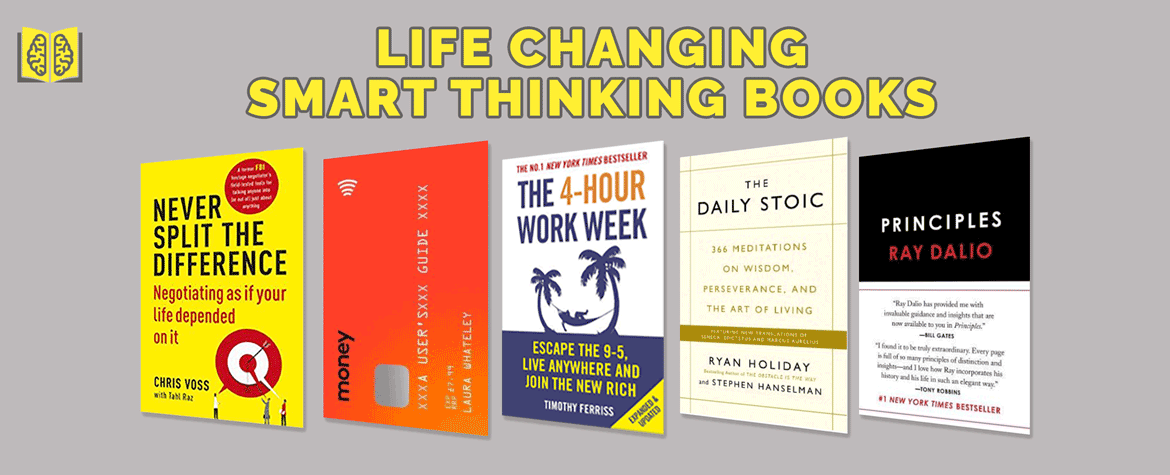This edition marks the three year anniversary of Found This Week! Thank you lovely readers for showing interest in my ramblings and collection of things over the past 156 weeks.
This week climate change is on my mind. Climate Change - The Facts (see item below) was on TV, the amazing Greta Thunberg was in the UK & I had some interesting climate change discussions with friends. If you haven't watched the BBC programme yet, I highly recommend it. It's easy to think that individuals can't make a difference, but we need to leverage small changes at scale to have a chance of reaching net zero emissions by 2050.
The image above, as majestic as air travel is to behold, is one of the contributors to emissions (14%), but not the main one. Fossil fuel energy and agriculture and much big emitters, and these are things we can affect by changing our habits and diets.











